One difficult part of friendship is watching your friend suffer and not being able to help them move through it. Your depressed friend seems to be slowly drowning and you feel like you aren’t able to send them a lifesaver.
According to the US Department of Health and Human Services Office of Minority Mental Health, Black people are 20% more likely to suffer serious psychological distress than white people.
Although our suicide rates are lower, it’s clear that our community is under severe mental health distress and there are many of us who find ourselves either suffering or supporting someone who is.
It can feel like a helpless position but there are a few things you can do and keep in mind to support your depressed friend through this rough period.
1. Do Your Research
Depression is more than a bad day, week, or even a month. It’s not just feeling sad or down sometimes. Depression is like trying to breathe underwater with a weight on your back.
In order to help a depressed friend, you need to educate yourself on what depression is and isn’t. Read the information that’s available.
Understand that mental illness is much more than just a bad day you can solve with a quick jog around the park, some inspirational music, and healthy eating.
Those things can make for a better overall well being, but with most cases of depression, you need to learn real coping mechanisms and how to dig your way out of the emotional pit. Read up on the illness before offering your help to the depressed friend.
You can start by learning some symptoms of depression.
2. Understand Depression is an Illness
Imagine on your worst day someone came to you and said, “Just cheer up!” At the time you are thinking the sadness is so overwhelming that if you could “just cheer up” you would, but you can’t right now.
That is similar to how a depressed person may feel. They may feel thoughts of suicide and overwhelming sadness that they cannot will themselves out of experiencing.
Although you may not have experienced depression, at no point should you devalue your friend’s experience as something less than an actual illness.
If someone had cancer you wouldn’t tell them to just feel better as a solution. Treat depression the same way.
Read Escaping the Matrix of Depression: The Hidden Antidote That Will Set You Free
3. Listen and Be a Support, not a Savior
You cannot save your friend from depression. You are there to be a support, a listening ear, a resource and more, but not a savior.

Listening is an important part of supporting. Don’t listen with the intent to “fix” the problem, listen so you can try to understand what may be leading to the issue.
4. Don’t Make Assumptions
You never know what is driving someone’s depression. Perhaps it is a tragic incident or their mind has slipped into an imbalance.
Don’t make assumptions about why someone is depressed, if they “should” be depressed or not, or even if they are “really” depressed or not.
Depression looks different on everyone and feels different for everyone. Don’t assume you know exactly how they feel or the reasons behind the feeling. This is why listening is also important.
Read Key To Get Rid Of Depression – Change the Way You Think
5. Lend a Hand
“You should get help!” sounds like the right thing to say. But when you’re depressed, a lot of your energy and thoughts are consumed.
You may not have the energy to get help or you may talk yourself out of needing help. When you want your depressed friend to “get help” take the time to do your research and possibly recommend resources.
If you can do some of the heavy lifting, like calling a therapist and making an appointment or even driving your depressed friend there, it may help them on the road to recovery.
Just be mindful that some friends may push back against this so it’s important to remember the next point.
6. Stay Present and Offer Encouragement
This one can be a bit tricky. Often times people with depression can hear encouragement and it doesn’t sink into their spirit.
The person can know people are there for them and it still doesn’t resonate. As a friend, your job is to keep staying present. Send those “just thinking of you” texts and calls.
Remind them it can and will get better. Keep reminding them of their great qualities and their ability to overcome this illness.
Don’t nag or harass, but sending love when you can and reminding them how much they matter can make a difference.
7. Be Patient
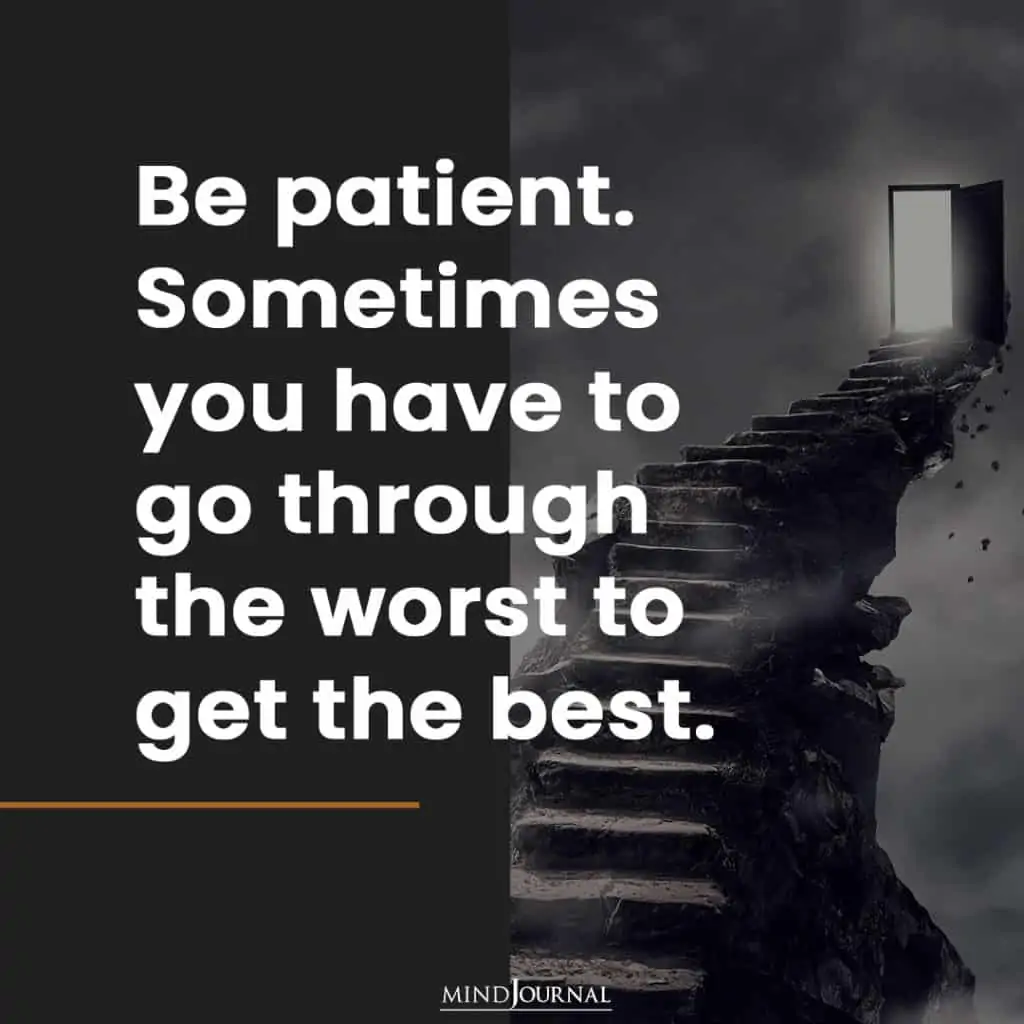
There won’t be an easy or quick solution to your friend’s depression. The best thing you can do is stay patient with the process.
There will be good days, breakthroughs, relapses and one day it will get better. However, impatience can be a sign to your depressed friend that they are being a burden and you may push them into isolation.
8. Remind Them They are Not Alone
If you search Twitter or any social media platform, there are hundreds of people telling their story. Most recently the hashtag #noshameday shed light on seeking mental health treatment as many people told the story of their journey.
Remind your friend that they are not alone in this fight. See if you can connect them with other survivors and begin to form community.
Knowing you aren’t alone in this battle because you have support and you know other people who have gone through the same thing can make a big difference.
Read 13 Characteristics Of A Mentally Healthy Person
9. Call a Professional
If your friend is considering suicide or showing signs of suicidal behaviour, call a professional. You can take them to a local hospital for mental health care or call the police to do a wellness check.
Take all threats of suicide seriously. You may not want to be the bad guy and report your friend to a professional but you would feel even worse if you stood by, did nothing, and lost your friend.
10. Remember Your Own Self Care
The tendency to throw yourself all-in to help your depressed friend is noble but can lead to your own burnout. As we said before, you are not there to be a saviour. When you feel drained it is okay to take a break.
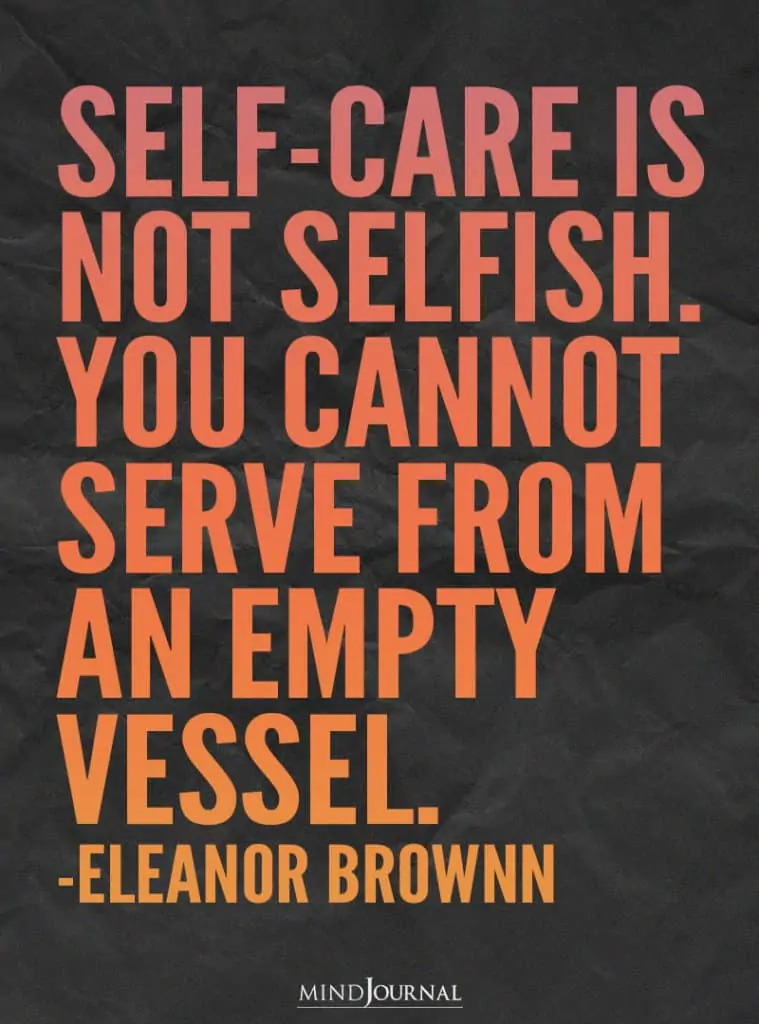
The journey to get out of depression is not easy but it is possible to overcome and survive.
Read 7 Reminders You Should Feed Yourself Daily To Cultivate Happiness
What other ways can you support your depressed friend or family member who is suffering from depression?
If you were suffering, how did you make it through and what were some of the great ways people supported you?
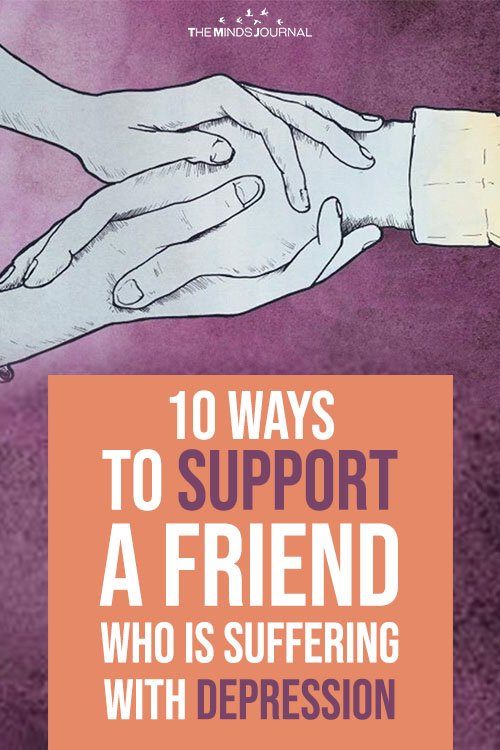




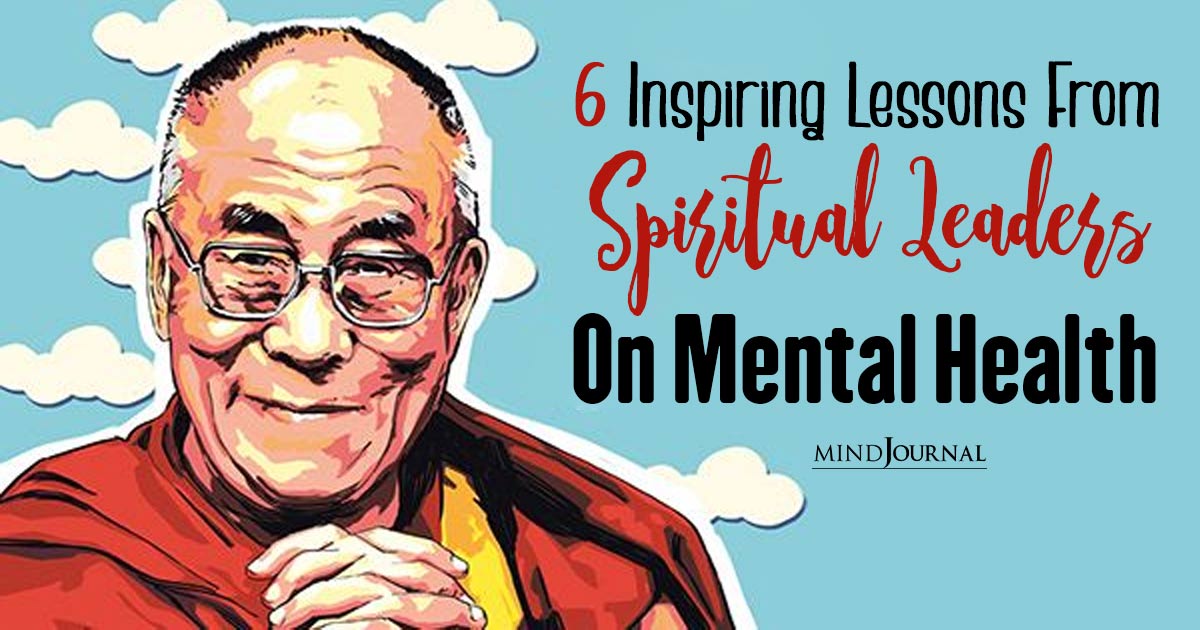



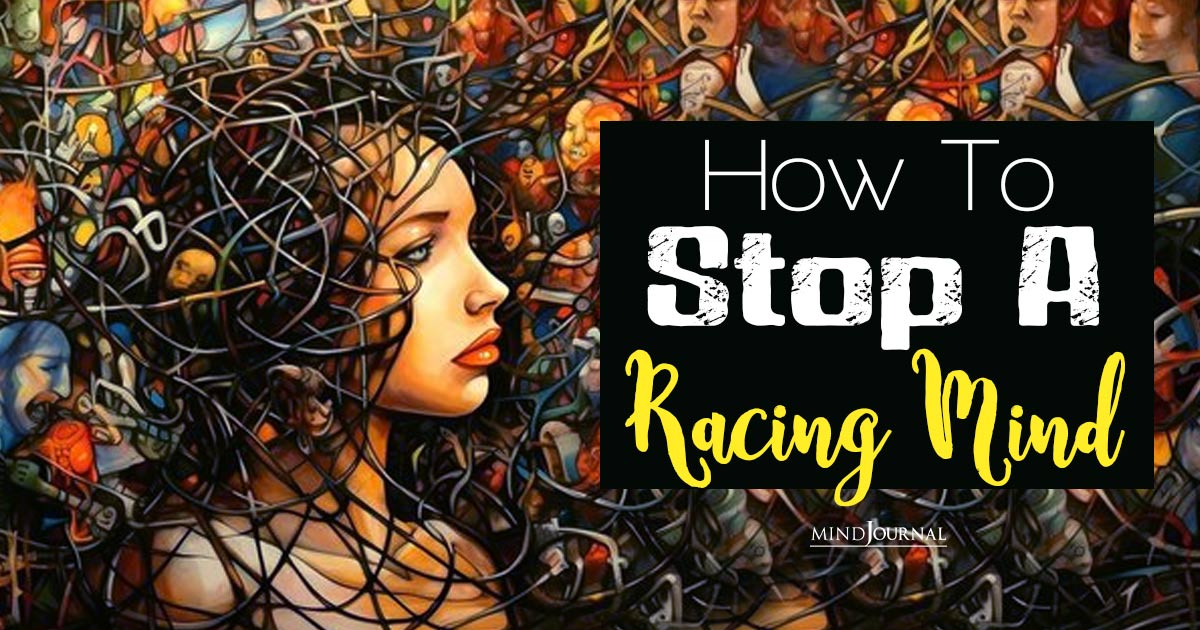
Leave a Reply
You must be logged in to post a comment.